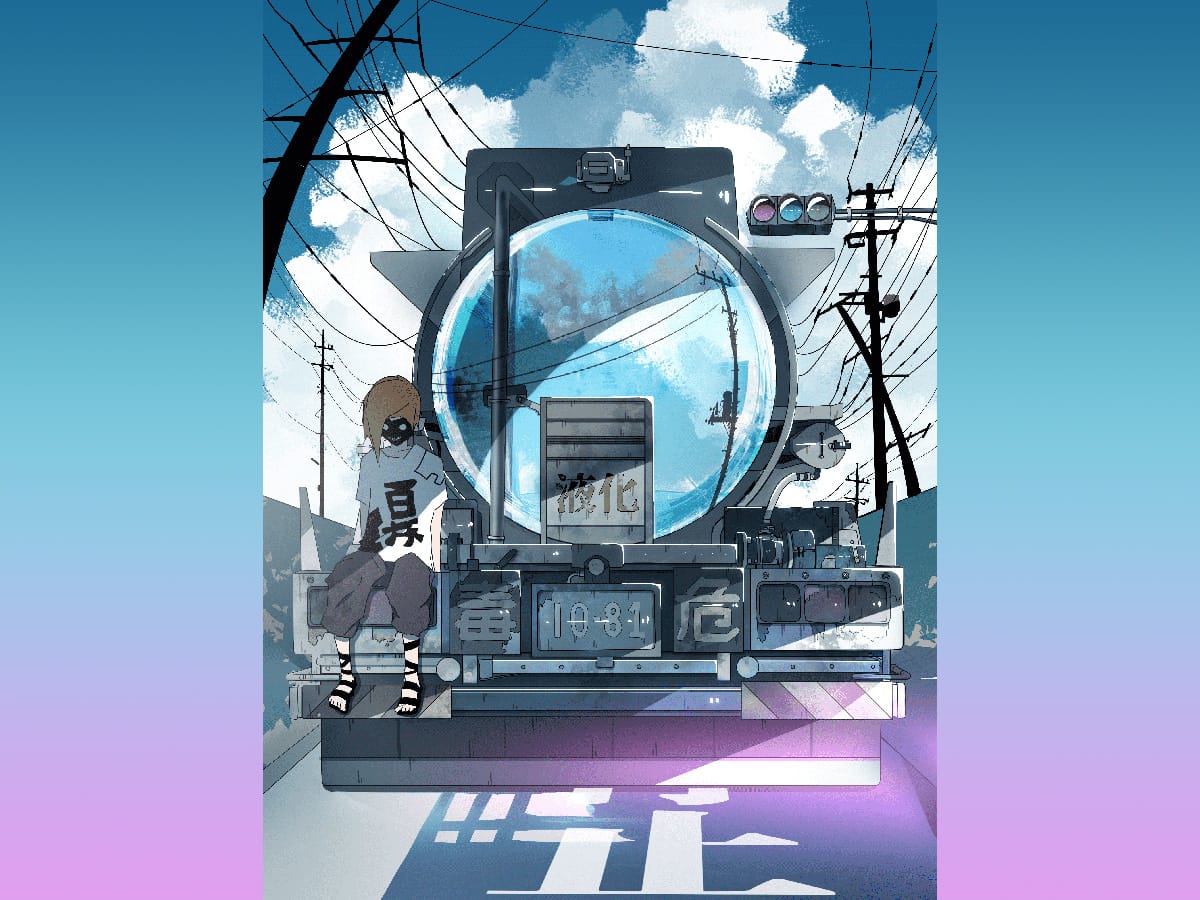
Source: With permission from Rokuban (@6thAvenue_Re)
Rokuban Revisited: Japanese Illustrator’s Latest Works
- Tags:
- City / Illustration / japanese illustrator / megastructure / nostalgia
Related Article
-
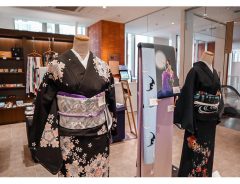
Somemoyou kimono & obi illustration exhibition: When modern meets traditional [report]
-
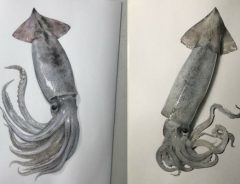
Japanese artist’s impossibly realistic squid drawings have incredible detail
-
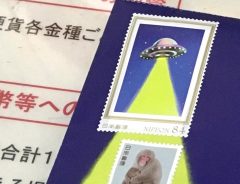
Japanese illustrator leaves his creative stamp and a good dose of UFO humor on an envelope
-
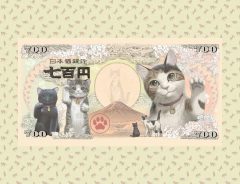
Welcome Good Fortune with These Adorable Lucky 700 Yen Manekineko “Banknotes”
-
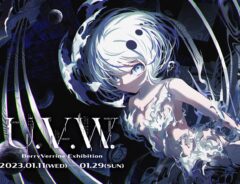
Popular Japanese illustrator BerryVerrine’s second solo exhibition “U.V.W.” opens in Shibuya
-
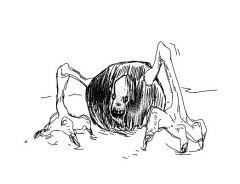
Famous Photographer Kishin Shinoyama’s Latest Photo Has Legs!


Some of our readers may recall the work of Japanese illustrator Rokuban 六番, whom we first had the pleasure of introducing in 2018. At the time, we mainly focused on his fictional cities and urban megastructures that seem to combine a sense of otherworldliness with a nostalgia for the Showa Era of Japan, with perhaps a bit of influence from other East Asian cities thrown in.
However, since then, Rokuban's body of work appears to have expanded in new directions. While maintaining his focus on cityscapes and megastructures, he has also created illustrations inspired by other works of fiction, as well as tackled new perspectives and themes.
New works from Rokuban
Let's take a look at a few representative works:
Inspired by anime films
After seeing the internationally acclaimed animated feature film Penguin Highway, Rokuban drew this illustration:
「ペンギンハイウエイ」("Penguin Highway") | With permission from Rokuban (@6thAvenue_Re)
He also drew this dynamic illustration of Canti to commemorate the release of the feature film FLCL Alternative:
「カンチ」("Canti") | With permission from Rokuban (@6thAvenue_Re)
Ominous spheres
One of the visual themes appearing in Rokuban's recent works is spheres and curves. Whereas sharp angles characterize most of his megastructure work, his recent megastructures show arches. Moreover, two of his recent illustrations show spheres in an ominous and foreboding context. For example, in his work 「ローリーの反射鏡」 ("Tanker truck's reflecting mirror"), a listless male figure with a skeletal black mask covering his face sits at the back of a tanker truck where we can see kanji characters 毒 (toxic) and 危 (danger). The mask and the writing on the truck contrast with the kanji character 夏 (summer) on the man's T-shirt, as well as the beautiful azure skies covered in clouds, one of Rokuban's signature visual cues, which are seen in the background as well as highlighted a shade brighter in the tanker's reflecting mirror.
「ローリーの反射鏡」 ("Tanker truck's reflecting mirror")| With permission from Rokuban (@6thAvenue_Re)
Or in this illustration showing what appears to a gaping hole within the mecha-structure of the city, also doubling as a single eye staring back at the viewer, as the kanji character 暗 "dark" provides a textual cue. The "entry prohibited" sign at the bottom right adds a hint of levity in an otherwise ominous illustration.
「ブルーホール」 ("Blue Hole")| With permission from Rokuban (@6thAvenue_Re)
New directions
Representing some of Rokuban's new experiments is this illustration giving a visual representation of Twitter:
"Twitter" | With permission from Rokuban (@6thAvenue_Re)
Always the city
In his first work of 2020, Rokuban demonstrates that he has not forgotten his roots. He is still fascinated by the city. Washed in a warm, morning light, with messages like いらっしゃい ("welcome") on the signs, it has a hopeful feeling to it.
「初絵」 ("first illustration")| With permission from Rokuban (@6thAvenue_Re)
If you'd like to see more of Rokuban's illustrations, please follow him on Twitter, Pixiv or check out his personal website.